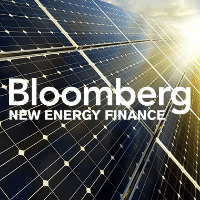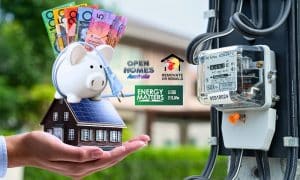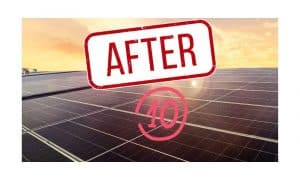The US renewable industry is set for long-term growth, according to a leading clean energy research organisation.
Generating costs are falling and the industry is becoming more resilient, says Head of Americas at Bloomberg New Energy Finance, Ethan Zindler.
Dispelling negative press reports, Mr Zindler told Yale’s Clean Energy Finance Forum (CEFF) that US solar power, wind energy and battery storage are here to stay.
Solar power defying the headlines
Despite two major US solar companies – SunEdison and Suniva – filing for bankruptcy, Mr Zindler noted that big risks and mistakes happen in young industries.
“This is the nature of a new, rapidly growing, risk-taking industry,” he told the CEFF.
“That being said . . . the costs continue to come down.

“Fundamentally we are seeing a real relationship between the (renewable) volume that gets built and the cost per megawatt-hour of clean energy. That’s why we think there’s an inevitability about the longer term.”
Targeting renewable energy storage
A hot topic of debate in the US energy market – as in Australia with the importance of Tesla’s South Australian battery storage – is how to address the intermittent nature of sun and wind.
According to Ethan Zindler, smart storage options need to be developed for those times the sun doesn’t shine and the wind doesn’t blow.
The importance of this can’t be ignored now that renewable penetration rates are steadily climbing, he adds.
“We need to think about what kind of power storage can be built into the system, how we can shift the load, and how other types of mechanisms such as demand response can address this issue.”
Price competition in US renewable industry
In the US today, hot competition and price-cutting are a key feature of the solar panel and wind energy sectors.
The question is whether renewables can be cost-competitive without Government subsidies, Mr Zindler says.
“We are starting to see that they are in some markets, in some places, and that’s obviously very exciting for the industry . . . it is definitely great news if you’re a consumer.”

















































